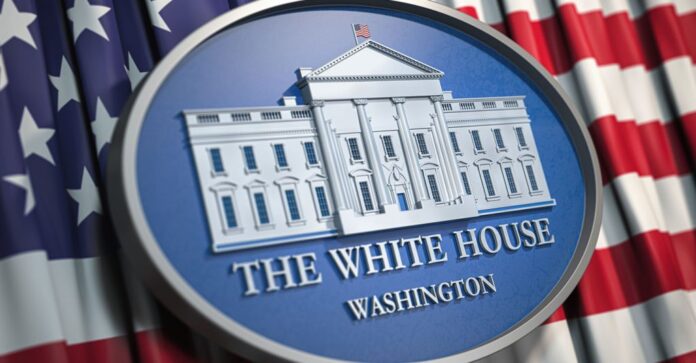
By Stacy M. Brown, NNPA Newswire Senior National Correspondent
On Monday, November 15, with a group of legislators gathered nearby, President Joe Biden signed the historic Bipartisan Infrastructure Bill.
“We’ve accomplished what Washington has long promised but never done – a historic investment in this country’s infrastructure,” President Biden exclaimed.
The $1.2 trillion measure, which includes a host of new jobs with family sustaining wages, counted as a top priority for the President who has insisted that the investments would deliver meaningful results to communities across the country.
The President declared that the bill would strengthen US manufacturing, and that it would provide the strength needed to withstand the impacts of climate change.
Prominently, the bill invests in America’s middle class.
“When we invest in middle class America, when we invest in people who have to go to work every day, America does better,” stated Rep. Val Demings (D-Fla.).
“Our communities need this funding now. Democratic and Republican mayors who are clear-eyed know that investing in our supply chain infrastructure can’t wait, jobs can’t wait, repairs can’t wait, fighting climate change can’t wait, and protecting our health and safety can’t wait,” Demings demanded.
The congresswoman continued, noting also how it would help her Florida constituents.
“Our plans will create millions of jobs in new and future industries, restore our global competitiveness, rebuild Florida’s crumbling roads and bridges, expand broadband and reduce the cost of internet across our state, keep our children safe from unclean water, protect our air and climate, and support U.S. manufacturing,” Rep. Demings concluded.
Ahead of the signing, President Biden signed an Executive Order outlining the Administration’s implementation priorities and establishing an Infrastructure Implementation Task Force to coordinate the law’s effective implementation.
The Executive Order lays out six main priorities to guide implementation across the Federal government:
- Invest public dollars efficiently, avoid waste, and focus on measurable outcomes for the American people
- Buy American and increase the competitiveness of the U.S. economy, including through implementing the Act’s Made-in-America requirements and bolstering domestic manufacturing and manufacturing supply chains.
- Create good-paying job opportunities for millions of Americans by focusing on high labor standards for these jobs, including prevailing wages and the free and fair chance to join a union.
- Invest public dollars equitably, including through the Justice40 Initiative, which is a government-wide effort toward a goal that 40 percent of the overall benefits from Federal investments in climate and clean energy flow to disadvantaged communities.
- Build resilient infrastructure that can withstand the impacts of climate change and that helps combat the climate crisis; and
- Effectively coordinate with State, local, Tribal, and territorial governments in implementing these critical investments.
- Infrastructure Implementation Task Force. To coordinate effective implementation across the government and advance the Administration’s priorities, the Executive Order also establishes a Task Force.
The White House said the Task Force will commit to breaking down barriers and drive implementation of infrastructure investments across “all levels of government to realize the President’s vision of rebuilding our nation’s infrastructure and positioning the U.S. to compete and win in the 21st century.”


